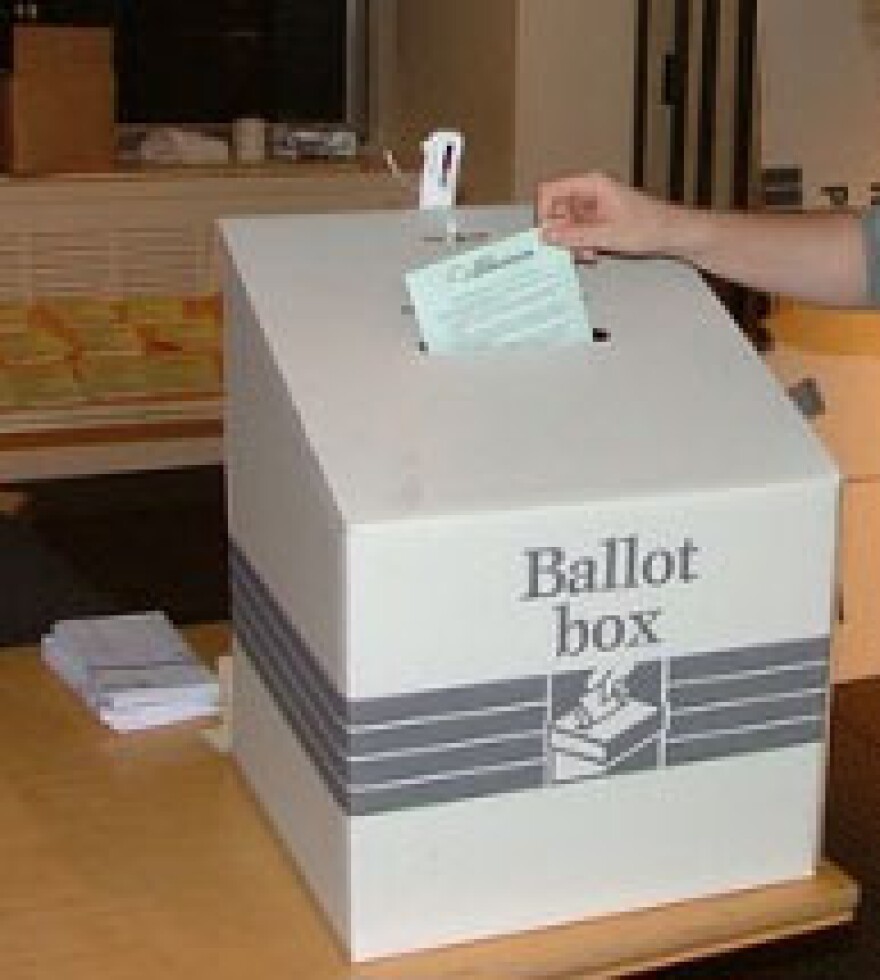
Tomorrow is Election Day — don’t panic, it’s only the midterms. Every suburban street has clusters of campaign signs promoting hopeful candidates who you may or may not have heard of for a wide variety of offices that you also may or may not have heard of. Like most midterms this has stirred only a moderate amount of excitement, or even faint interest.
People are not fighting in the street about who is going to be the receiver of taxes or superintendent of highways, and the turnout will probably be disgracefully low. But this election is only a pale shadow of the big one that we will face a year from now, when we most certainly will know the names of the candidates, and it might be wise to consider it as a practice run — practice not in voting, which is easy enough, but in thinking about voting.
All elections are emotional events, and that’s a problem. Elections are ideally supposed to be rational events. Modern democracy was an invention of the so-called Age of Reason in the 18th century. But right from the start, elections were turbulent, sometimes violent contests between more or less tribal factions driven by irrational loyalties. Not much has changed. Elections are still taken as an excuse to indulge our feelings.
Feelings are fine within reason, but they should be reserved for situations where nothing important is at stake, like sports or reality TV shows. Then everyone can scream and shout and emote to their heart’s content, no damage done. But at election time we need to lock the emotions in the closet and think.
The author Gore Vidal told a story* about a conversation he had with John F. Kennedy at Hyannis in 1961. Kennedy asked: “How do you explain that a sort of backwoods country like this, with only three million people, could have produced the three great geniuses of the eighteenth century — Franklin, Jefferson and Hamilton?”
Vidal replied, in his own account: “Time, they had more of it. They stayed home on the farm in winter. They read. Wrote letters. Apparently, thought, something no longer done in public life.”
It’s an interesting comment, and it rings true. Reading and thinking take time, which no politician has these days. Fundraising takes all their time. Campaigns move at a manic pace, reactions must be instant, careful reflection is utterly impossible.
All this is entertaining for the audience, the voters. But it is no way to decide who should control our vital institutions. Religion and patriotism, fear and resentment, race and class are all tossed into the mix to make the choice more difficult, and to activate those dangerous emotions. Add in irrational loyalties, such as “My party right or wrong,” and the trite slogans, and lunatic conspiracies, and the hysteria whipped up by social media, and you have the perfect prescription for an election choice that is about a thoughtful as a five-year-old choosing ice cream with sprinkles over ice cream without.
The heart is a useful organ, as any cardiologist will tell you. But it doesn’t think much. When it comes to important decisions, perhaps we should decide to use our heads.
Note: Gore Vidal: Inventing a Nation (2003)


